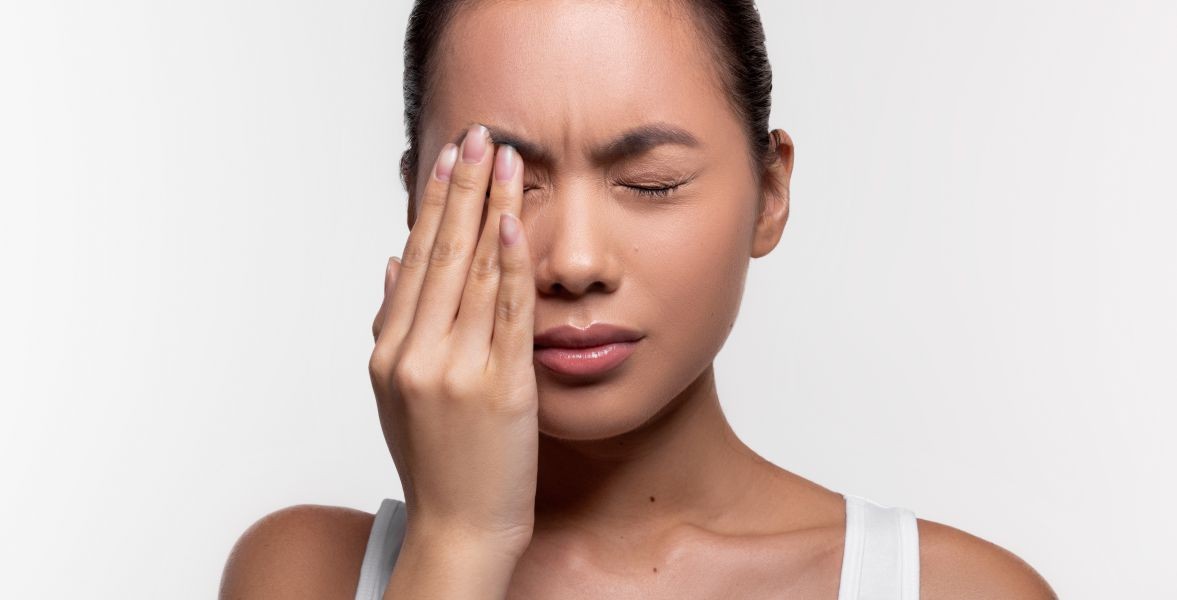Inspirational journeys
Follow the stories of academics and their research expeditions
DO’S AND DON’T FOR EYE CARE

Your eyes are vital to your overall health. People rely on their eyes to see and comprehend their surroundings. However, because some eye diseases can result in vision loss, it is critical to detect and treat eye diseases as soon as possible. If your health care provider recommends it, or if you notice any new vision problems, you should have your eyes checked. It's just as important to keep your eyes healthy as it is to keep your body healthy. However, there are things you can do to help keep your eyes healthy if you want to do more to improve your vision.
DO’S FOR YOUR EYES:
• Consume a healthy, well-balanced diet: Rich in fruits and
vegetables, particularly deep yellow and green leafy vegetables. Carrots and
omega-3 fatty acid-rich fish are good for your vision. Make sure your diet
contains foods high in vitamin A, vitamin C, vitamin E, copper, and zinc.
• Maintain a healthy weight: Obesity or being overweight increases
the risk of developing diabetic retinopathy or glaucoma.
• Exercise regularly: Exercise can help to prevent or control
diabetes, high blood pressure, and high cholesterol. These illnesses can affect
your vision and cause problems with your eyes. Because eyes have muscles, they
could benefit from some eye exercises to stay healthy. Warm your palms for five
seconds and then close your eyes. Repeat the process three times.
• Always wear sunglass when going out: Sun exposure can harm your
eyes and increase your risk of cataracts and macular degeneration as you age.
• Wear protective eyewear: Eye protection is required when
participating in certain sports, working in jobs such as factory work and
construction, and performing home repairs or projects to avoid eye injuries.
• If you wear contacts, take the following precautions to avoid eye
infections: Hands should be thoroughly washed before inserting or removing
contact lenses. Follow the cleaning instructions carefully and replace them as
needed.
• Rest for your eyes: It is beneficial to close your eyes for a few
minutes. When you spend a lot of time in front of a computer, you may forget to
blink, causing your eyes to become tired. Try the 20-20-20 rule to reduce eye strain:
Every 20 minutes, look 20 feet in front of you for 20 seconds.
• Get enough sleep: It's not enough to close your eyes for a few
minutes. Your body requires restful sleep regularly. Your eyes become reuvenated
when your body receives enough rest.
DON’TS FOR YOUR EYES:
• Do not expose your eyes to glares: Avoid looking directly at the
sun or other bright objects such as headlights, bright lights, or laser
pointers. Dim the lights even if you're watching TV or staring at a computer
screen to avoid straining your eyes.
• Never work in poor light: It's because reading or doing any other
activity in dim light can be taxing on the eyes. This can lead to headaches,
eye pain, and other problems.
• Avoid smoking: Smoking raises the risk of age-related eye diseases
like macular degeneration and cataracts, as well as causing optic nerve damage.
Smoking, both active and passive, is harmful to your eyes.
• Don’t sleep in your contact lenses: This increases your chances of
getting an eye infection and harms your vision. Also, don't lend your lenses to
others. Also, when cleaning your contact lenses, use contact lens solution
rather than water or saliva.
• Do wear swim goggles: Even if the water appears to be clean,
there's a good chance it's not. Swimming pools, lakes, and oceans have water
that is far from sterile and can cause eye infections or irritations.
• Don’t swim with contacts: Leaving your contacts in while swimming
is not recommended because they can fall out or dry out in the salty seawater.
Bacteria can grow on your contacts if you swim in a lake with bacteria.
• Don’t rub your eyes: If something gets into your eye, don't rub it.
Getting sand in your eye at the beach can make you scratch your cornea, and
rubbing your eye can aggravate the problem. When you're out in the woods, stay
away from poison ivy, sumac, and oak. If you rub your eyes, the plant oils can
get into your eyes and cause severe irritation. Rather than rubbing, wash your
hands and thoroughly rinse your eyes with fresh water.
0 Comments
Categories
Recent posts
IQAI: Transforming Healthcare - One Success Story at a Time
Wed, 20 Sep 2023





Leave a comment